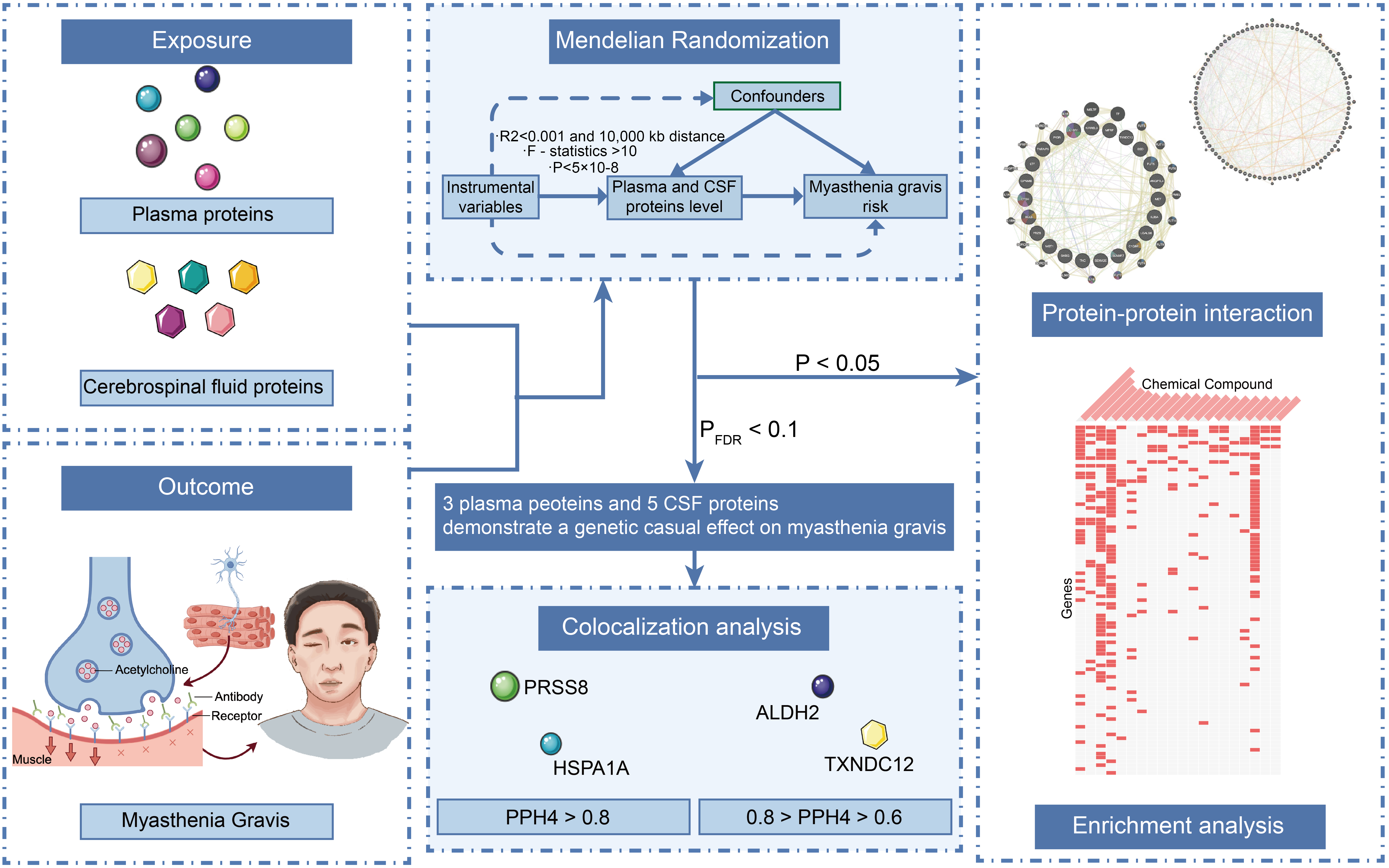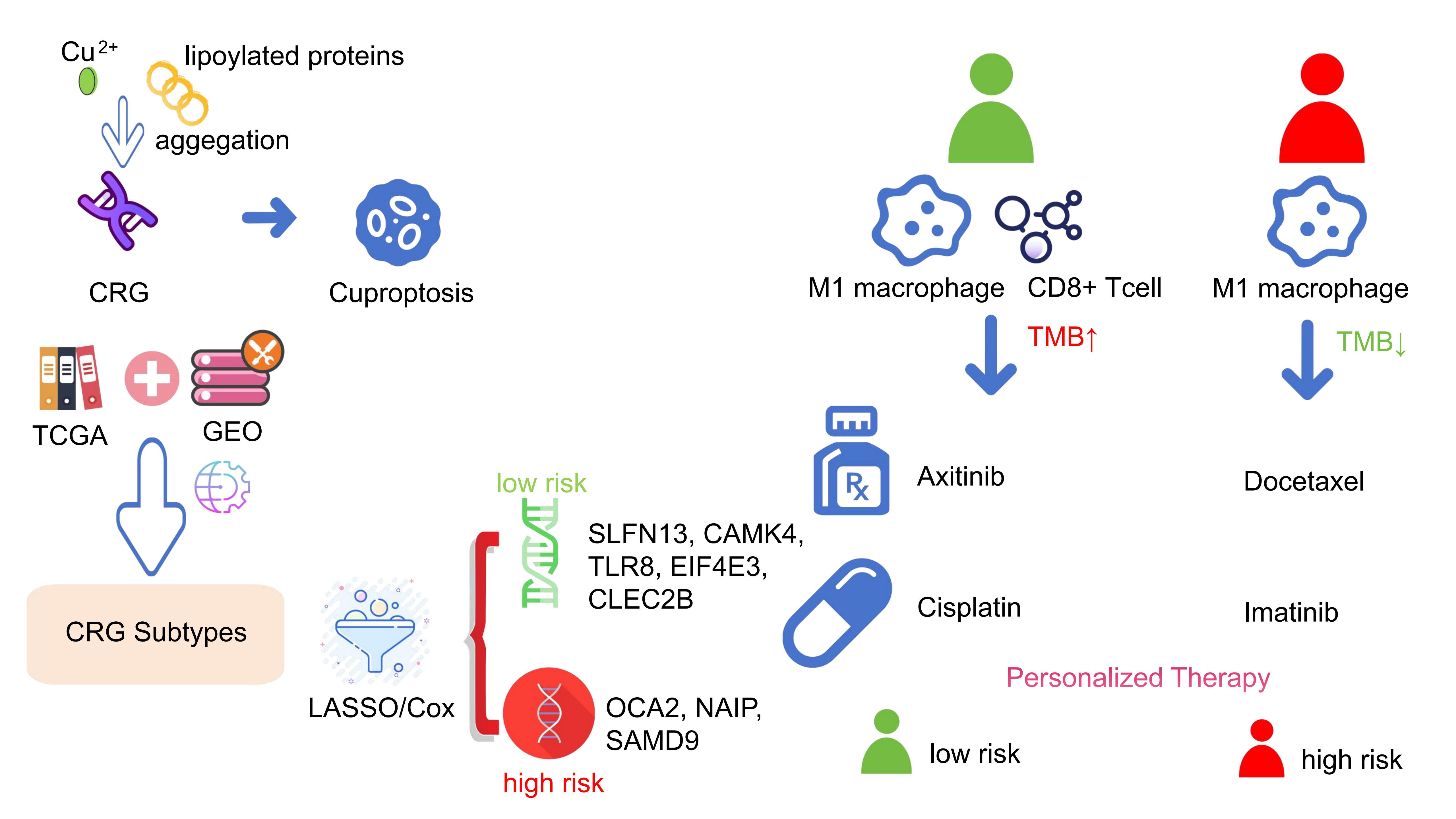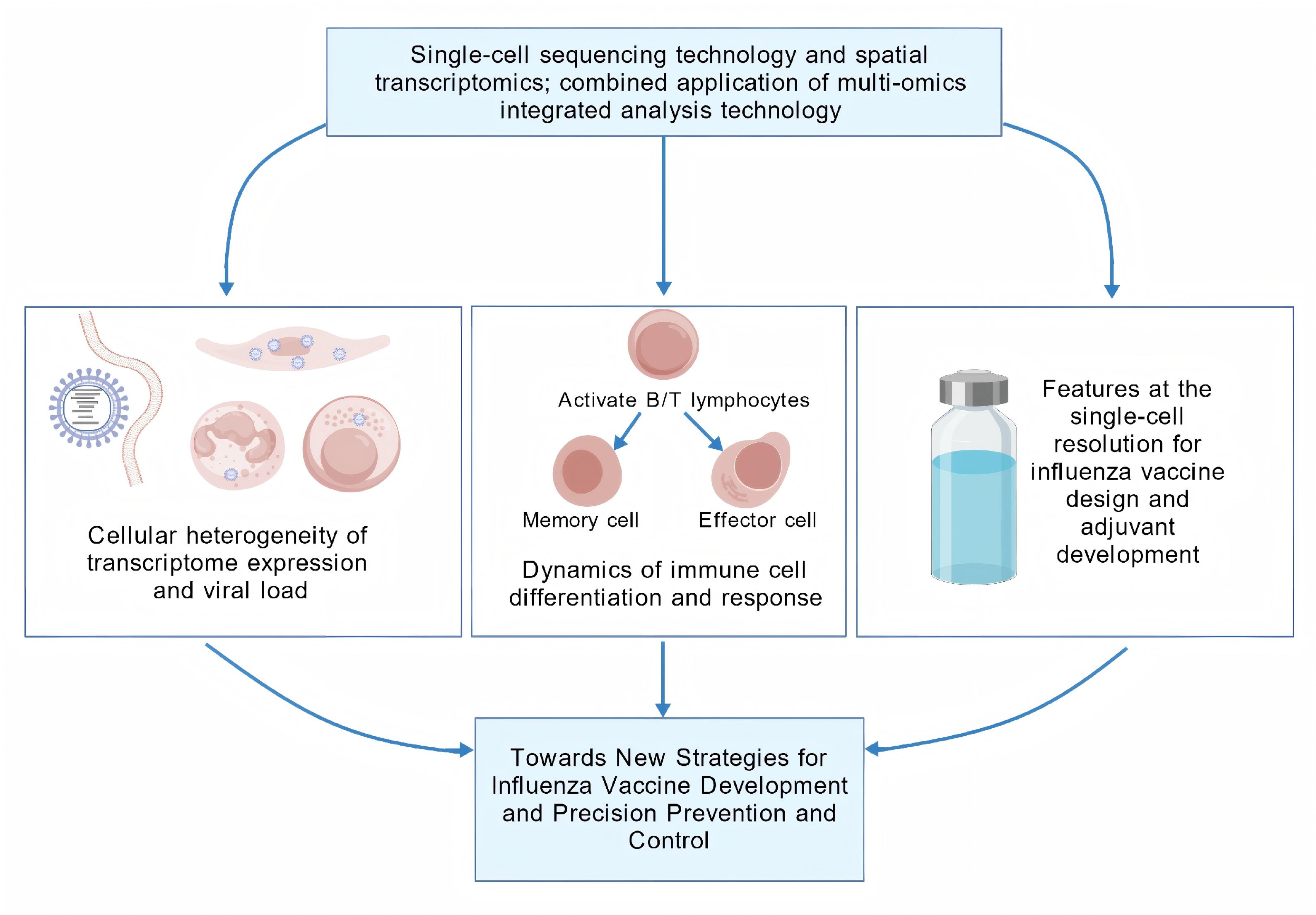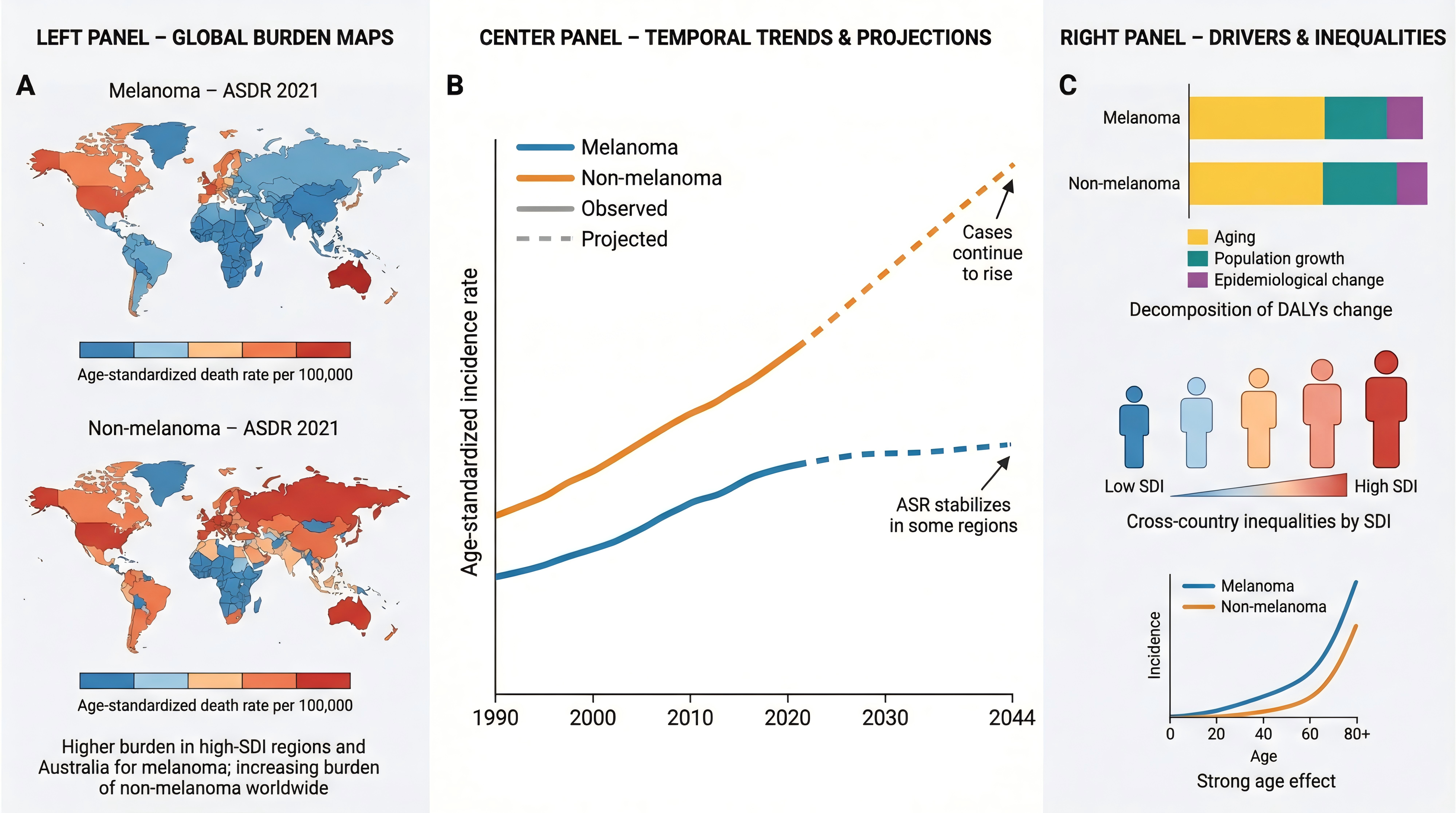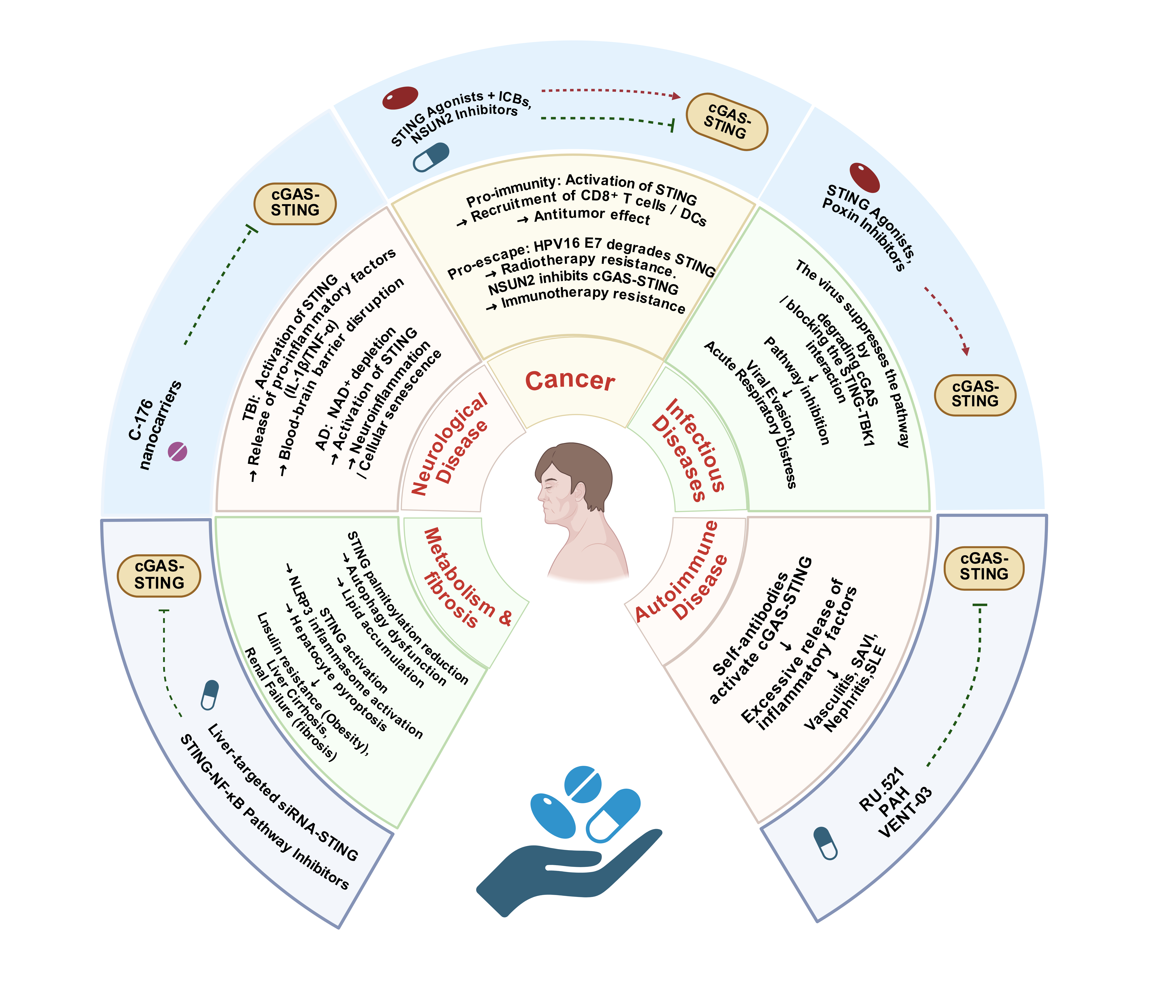Life Conflux (ISSN: 3078-4816) is an international, peer-reviewed, open-access journal focused on fundamental research and innovative applications in the field of medical informatics. The journal aims to publish high-quality research on digital health technologies, healthcare data analytics, clinical decision support systems, health information systems, and their applications in improving patient care and healthcare delivery. Spanning interdisciplinary areas such as artificial intelligence in medicine, telemedicine, electronic health records, biomedical data science, and healthcare technology implementation, Life Conflux explores how information technology transforms medical practice and healthcare systems. Through rigorous peer review and an open-access model, Life Conflux provides a vital platform for researchers, academics, healthcare professionals, and industry experts worldwide to share the latest discoveries in digital healthcare innovation and exchange scientific ideas on the integration of informatics solutions in clinical and public health settings.
Why publish in Life Conflux?

- Expand your research impact: Reach interdisciplinary audiences across the entire spectrum of medical informatics and digital health with Life Conflux, where cutting-edge discoveries meet a global community of researchers, clinicians, healthcare IT professionals, and industry experts dedicated to advancing knowledge and innovation in healthcare technology.
- Global Open Access: Life Conflux offers open access publication, ensuring that your work is freely available to readers worldwide, maximizing the visibility and impact of your research.
- Enhanced Communication: With support for video submissions, you can provide context and depth to your research, making complex digital health solutions and informatics methodologies more accessible and engaging for readers.
- Effortless Submission: Benefit from streamlined submission processes and rapid decision times, designed to offer authors a smooth and efficient publication experience.
- Cutting-Edge Research Visibility: Life Conflux focuses on the latest advancements in medical informatics, AI in healthcare, and digital medicine, providing a premier platform to showcase your innovative research to leading experts, early-career scientists, healthcare professionals, and industry stakeholders worldwide.
Please note: Life Conflux is committed to promoting the publication of high-quality academic research. Manuscripts that present experimental data will qualify for a waiver of the article processing charges (APCs).
Visit the Open Access page for more information.
Articles
Vol. 2 No. 1
Full Issue
Biomedical Data Science and Analytics
Clinical Decision Support and AI in Medicine
Digital Health and Public Health Informatics
Medical Informatics Cases, Reviews and Applications
Articles with the most citations published in the Last 2 Years according to CrossRef. The citation counts listed reflect the total number of all citations to date. Open access
The most read articles published in the Last 2 Years
Journal Information
- Journal: Life Conflux
- Online ISSN: 3078-4816
- Publisher: Life Conflux Press Limited
- Peer Review: Single-anonymous
- Publication Model: Open Access
- Publishing Frequency: Quarterly
- Languages: English
- DOI Prefix: 10.71321

Submit Your Research
Fast-track peer review process

Journal Metrics
Impact factors & citation analysis
Research Areas
And many more specialized fields within medical informatics, digital health, and healthcare technology
Open Access Benefits
Life Conflux promotes open science principles, ensuring that groundbreaking research in medical informatics and digital health reaches the global scientific community without barriers, accelerating scientific discovery and innovation in healthcare technology and clinical informatics.
Creative Commons License

Life Conflux operates under a Creative Commons Attribution 4.0 International License, enabling unrestricted use, distribution, and reproduction while ensuring proper attribution to original authors and research integrity.
Copyright & Author Rights
Authors retain full copyright ownership of their work while granting Life Conflux the right to publish and distribute. All submissions must comply with our rigorous ethical standards and originality requirements. Published content becomes freely accessible to the global research community, promoting scientific advancement and knowledge sharing.
Key Requirements: Original research, ethical compliance, proper citations, and agreement to publication terms.
Publication Ethics
Life Conflux maintains the highest standards of publication ethics, preventing plagiarism, ensuring research integrity, and upholding international best practices. We implement comprehensive screening processes and follow COPE (Committee on Publication Ethics) guidelines to maintain scientific credibility.

